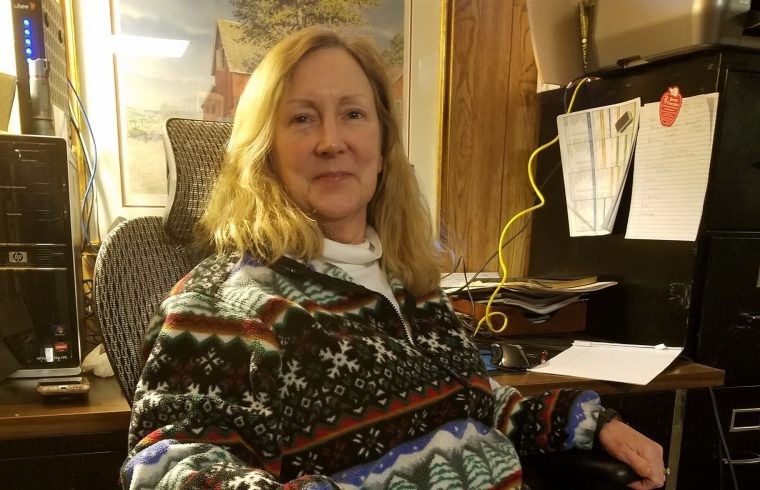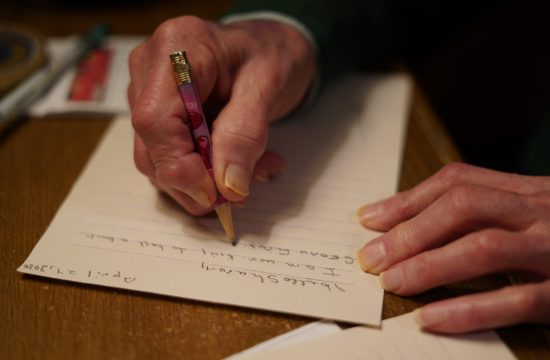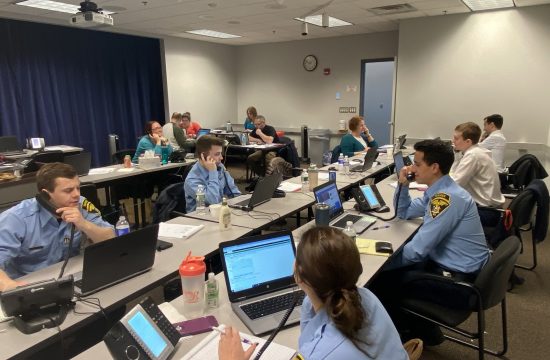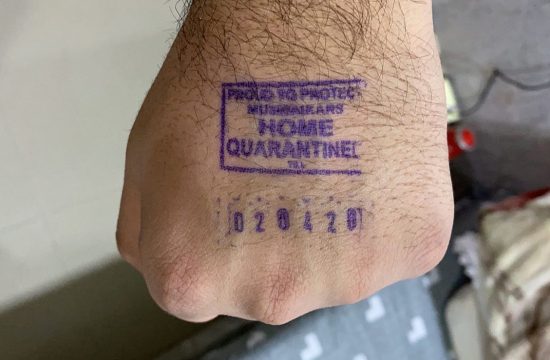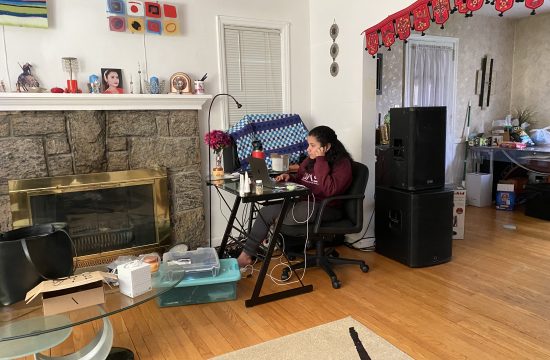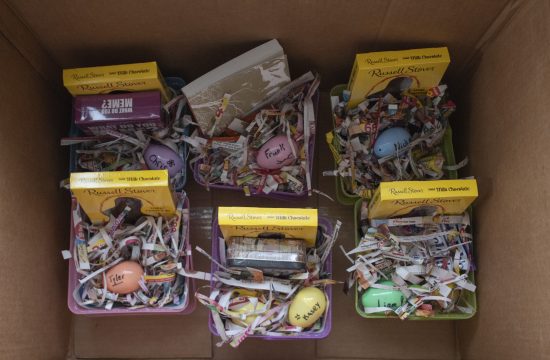by Billy Mitchell
Even as our country grinds to a halt, the tried and true family system continues to function. This reporter spoke with a parent of an RIT student, and got quite the lecture. The irony does not escape him.
Over ten million jobs in the United States have been lost to the Coronavirus, and the numbers grow every day. Many still have their jobs, but with reduced hours or additional challenges on their plate.
Barbara Mitchell is just one of many displaced employees who are compelled to work from home. Her life has changed by not being able to physically go to work, but she is lucky enough to still have both her job and her family at home. She sleeps in, wears relaxing clothes, saves on gas, and cooks for her family nightly, all while working as Juvenile Justice Services Planner.
However, her newfound comfort brings along a handful of new problems. Since she works off a state network, there is limited availability throughout the day, so she can’t always get in. According to her, “My computer system is linked into a network, so when I’m at work, I always am on the network. Here at home, even though I have a County-issued laptop, it’s not connected to my server. Because everyone is now working remotely, everyone working for the state is now trying to get on.”

As a result, she often does offline work in the morning and tries to sneak in her results later in the day. Not being around her coworkers means she can’t bounce ideas off them, because as a Planner, “We generate a lot of new stuff… there’s a give and take dialogue that has to happen to make those ideas better.”
The balance of her work and home lives doesn’t come easy. She struggles to reorganize her work because of her family having needs, so blocking off time for work is a struggle, but she feels that she gets more done. “I’m probably more productive because I’m not distracted or interrupted by co-workers.” This is compounded by the dozens of maintenance tasks she performs to keep the house running.
Barbara Mitchell hopes the health crisis will be over by the beginning of May. “Social gathering can wait, I want to work in the office.”
We also spoke with her husband, Bill Mitchell, who is a Child Psychologist. His work is office-based, so people come to him. “With the shelter in place requirements, people are not comfortable coming to the office, and I’m not comfortable seeing them there, so instead I’ve been doing video conferences.” Some people, but not everyone gets help this way. He provides less service, even though the need is greater, in other words.
“Because there is no school, I can see people throughout the day, instead of being loaded towards the end of the day,” he remarks.
His home life has changed, as well. He sees his kids more frequently, and he gets home projects done more frequently and he plans trips to go out more carefully.
As for balancing acts, he doesn’t struggle that much. “The demands of work are pretty circumscribed, they’re clear. When the patients are there, I’m talking with them. Work is about the same.” He does struggle to balance his golfing excursions, housework, working on his Jeep, and other tasks, but otherwise it is pretty balanced.
He hopes the outbreak will end soon as well, “It’s better to err on the side of caution and wait longer than may be needed, to truly flatten the curve… This is a life changing event, I don’t think the country is ever going to be the same afterwards.” He believes that there may be a depression or similar like in the past, saying “The virus reveals a lot about our government and how it works… You can’t predict a virus.”

